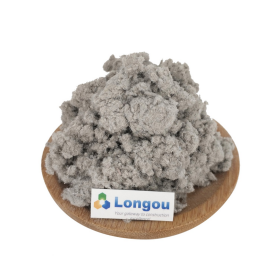Dry powder mortar refers to a granular or powdery material formed by physical mixing of aggregates, inorganic cementitious materials, and additives that have been dried and screened in a certain proportion. What are the commonly used additives for dry powder mortar? The following is an introduction to the main content of dry powder mortar additives brought by Jianshe Net for reference.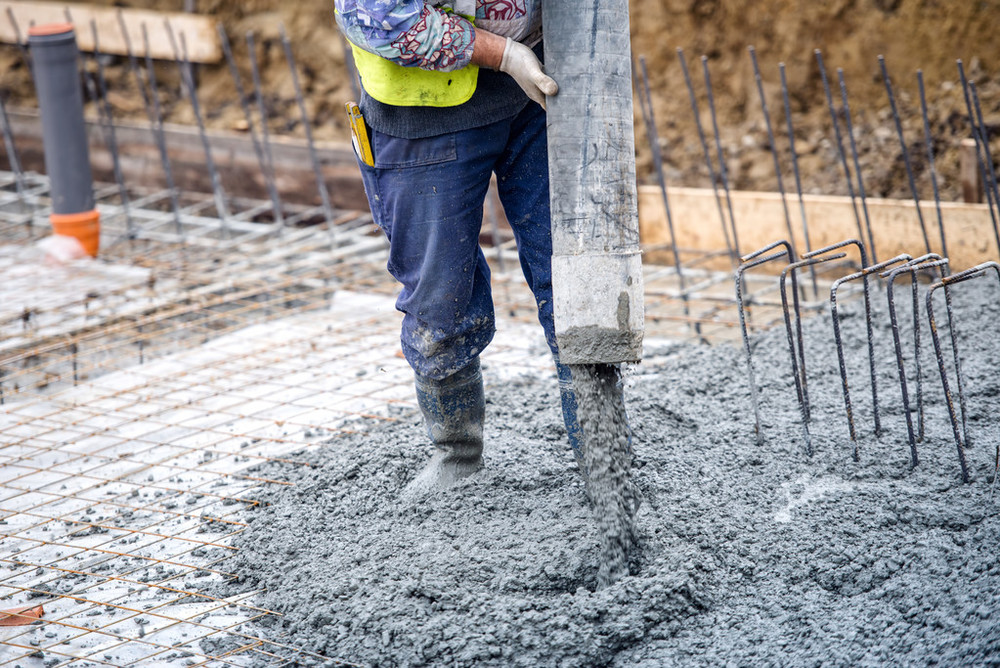
Dry powder mortar generally uses Portland cement as the cementitious material, and the amount of cementitious material generally accounts for 20% to 40% of dry powder mortar; Most fine aggregates are quartz sand and require a large amount of pre-treatment such as drying and screening to ensure that their particle size and quality meet the requirements of the formula; Sometimes fly ash, slag powder, etc. are also added as admixtures; Admixtures are generally used in small amounts, ranging from 1% to 3%, but have a significant effect. They are often selected according to the requirements of the product formula to improve the workability, layering, strength, shrinkage, and frost resistance of the mortar.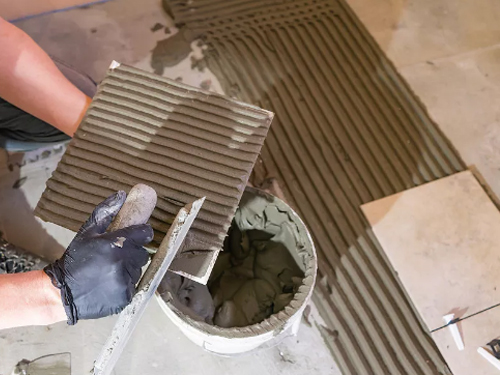
What are the commonly used types of dry powder mortar additives?
EVA copolymer can improve the following properties in dry powder mortar:
① The water retention and workability of freshly mixed mortar;
② The bonding performance of different base layers;
③ The flexibility and deformation performance of mortar;
④ Bending strength and cohesion;
⑤ Wear resistance;
⑥ Resilience;
⑦ Compactness (impermeability).
The application of redispersible latex powder in thin layer plastering mortar, ceramic tile binder, external wall insulation system, and self leveling flooring materials has shown good results
Water retaining and thickening agent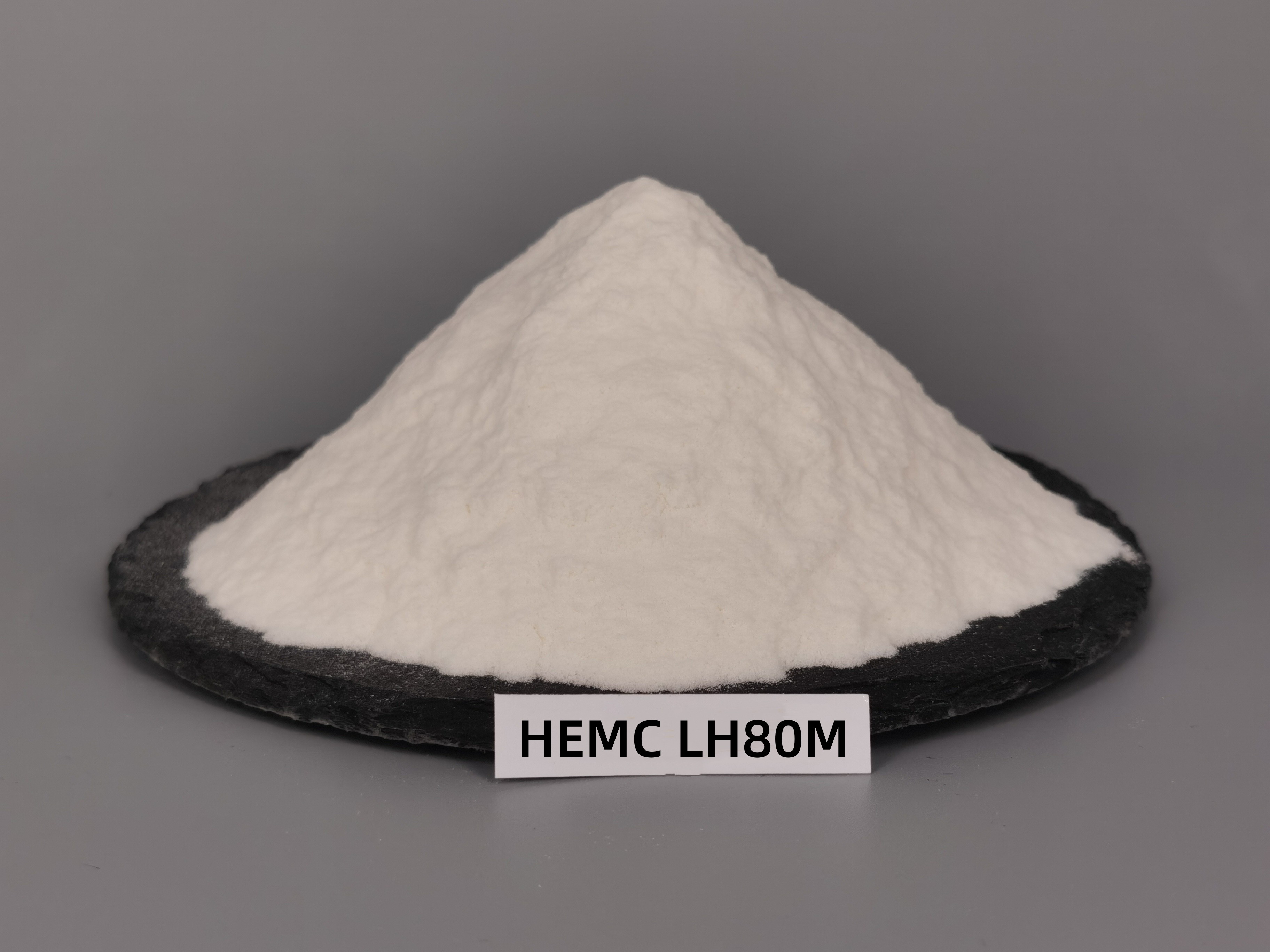
Water retaining thickeners mainly include cellulose ethers, starch ethers, etc. The cellulose ether used in dry powder mortar is mainly methyl hydroxyethyl cellulose ether (MHEC) and hydroxypropyl methyl cellulose ether (HPMC).
The basic function of water reducing agents is to reduce the water demand of mortar, thereby improving its compressive strength. The main water reducing agents used in dry powder mortar include casein, naphthalene based water reducing agent, melamine formaldehyde condensate, and polycarboxylic acid. Casein is a super Plasticizer with excellent performance, especially for thin layer mortar, but because it is a natural product, its quality and price often fluctuate. Naphthalene series water reducing agents commonly used β- Naphthalenesulfonic acid formaldehyde condensate.
Coagulant
There are two types of coagulants: accelerator and retarder. Accelerators are used to accelerate the setting and hardening of mortar, Calcium formate and Lithium carbonate are widely used, and Aluminate and Sodium metasilicate can also be used as accelerators. Retarders are used to slow the setting and hardening of mortar. Tartaric acid, citric acid and its salts and Gluconic acid have been successfully used.
Waterproof agent
Waterproof agent mainly includes: Iron(III) chloride, organic silane compound, fatty acid salt, polypropylene fiber, Styrene-butadiene and other macromolecular compounds. Iron(III) chloride waterproof agent has good waterproof effect, but it is easy to cause corrosion of reinforcement and metal embedded parts. The insoluble calcium salts generated by the reaction of fatty acid salts with calcium ions in the cement phase deposit on the walls of capillaries, playing a role in blocking pores and making these capillary tube walls become hydrophobic surfaces, thereby playing a waterproof role. The Unit cost of these products is relatively low, but it takes a long time to mix mortar evenly with water.
The fibers used for dry powder mortar include alkali resistant glass fiber, polyethylene fiber (polypropylene fiber), high-strength and high modulus polyvinyl alcohol fiber (polyvinyl alcohol fiber), wood fiber, etc. The most commonly used ones are high-strength and high modulus polyvinyl alcohol fibers and polypropylene fibers. High strength and high modulus polyvinyl alcohol fibers have better performance and lower price than imported polypropylene fibers. Fibers are irregularly and uniformly distributed in the cement matrix, and closely bond with the cement to prevent the formation and development of microcracks, making the mortar matrix dense, and thus possessing waterproof performance and excellent impact and cracking resistance. The length is 3-19 mm.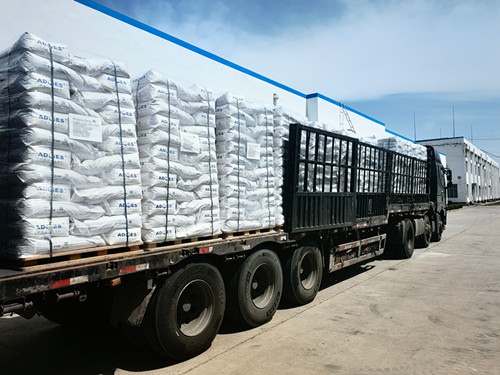
Post time: Jul-14-2023







